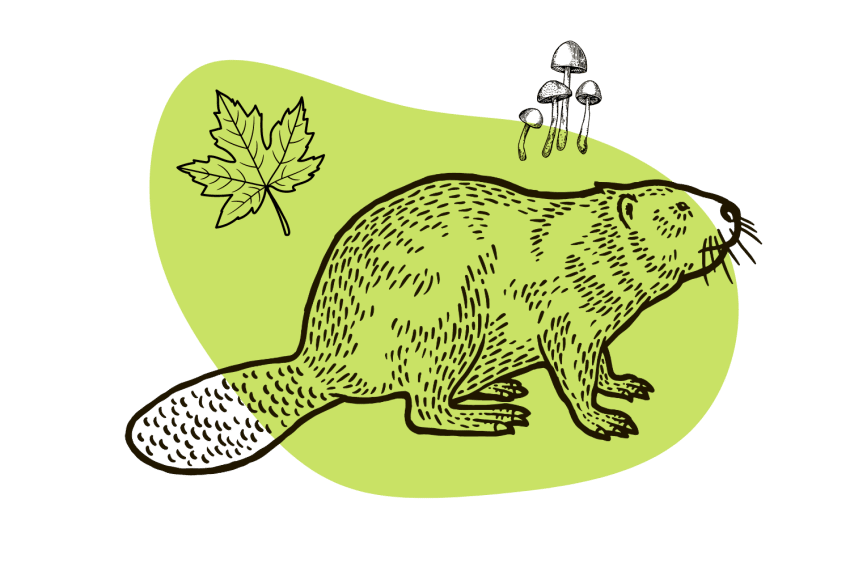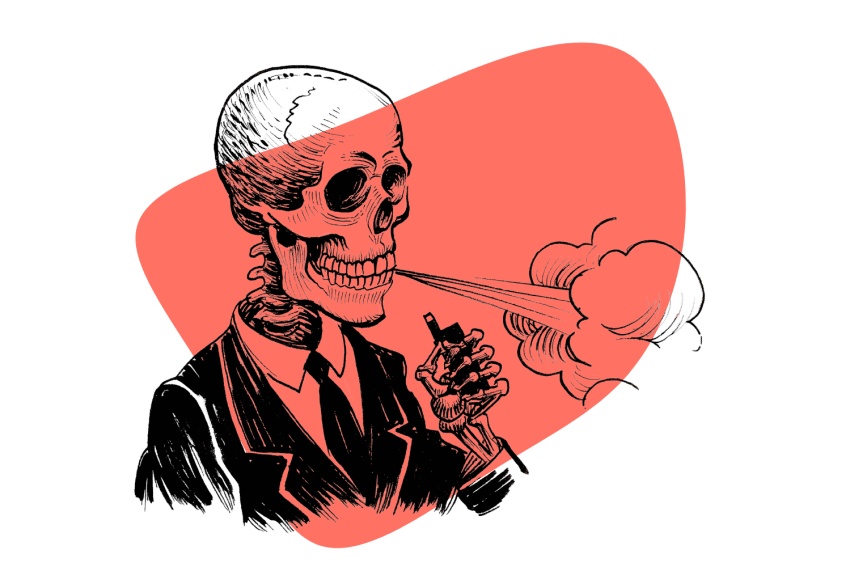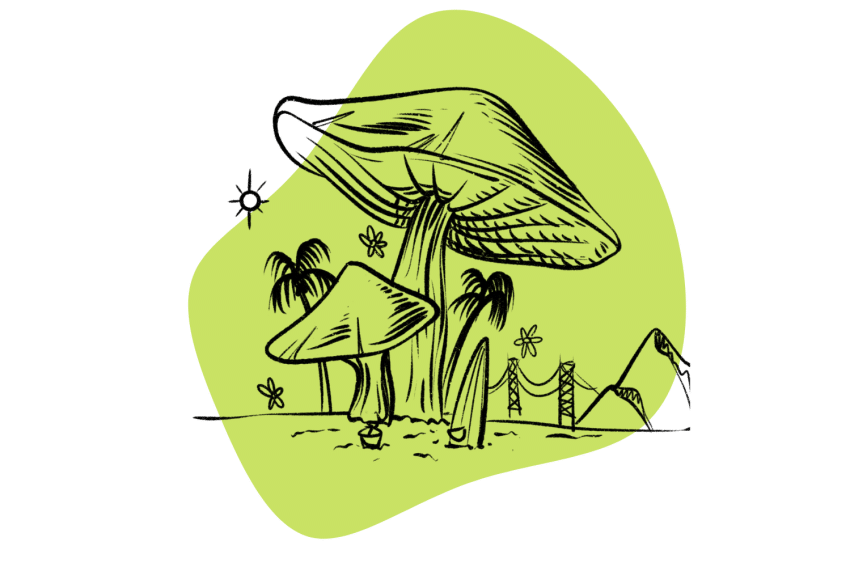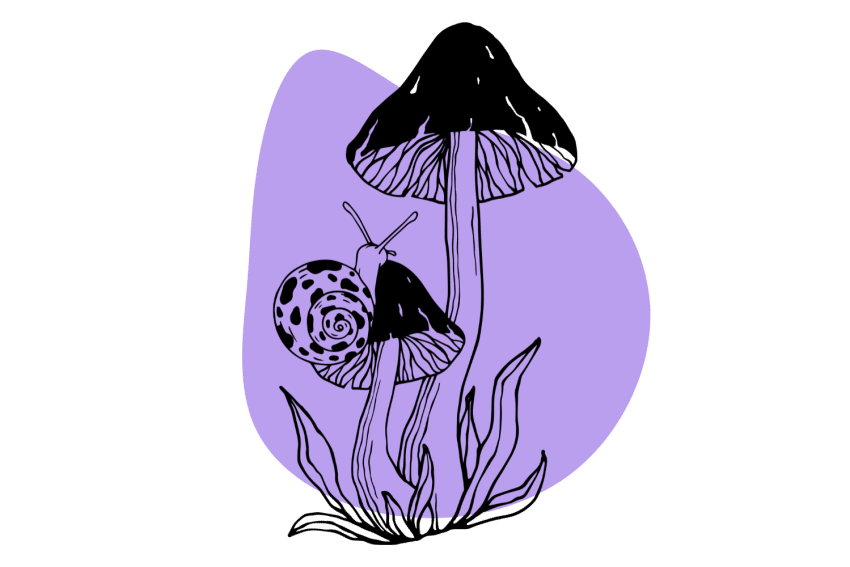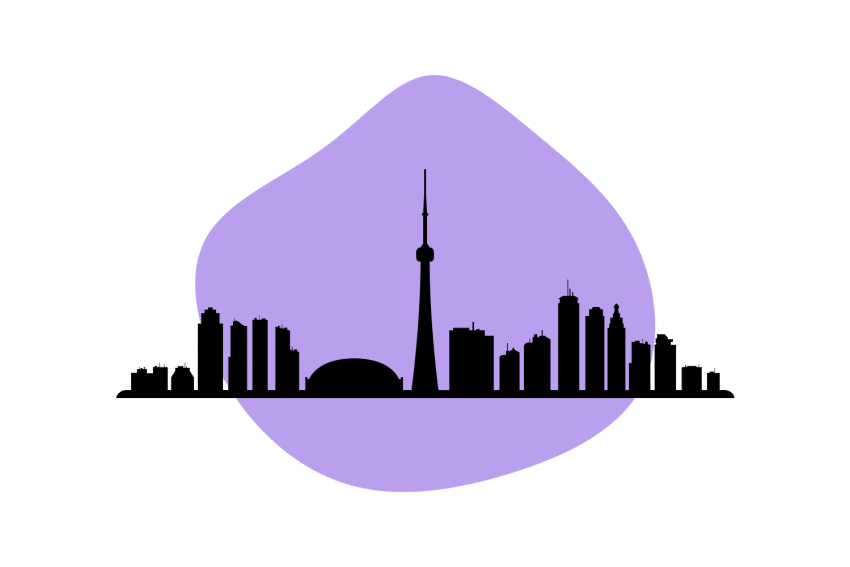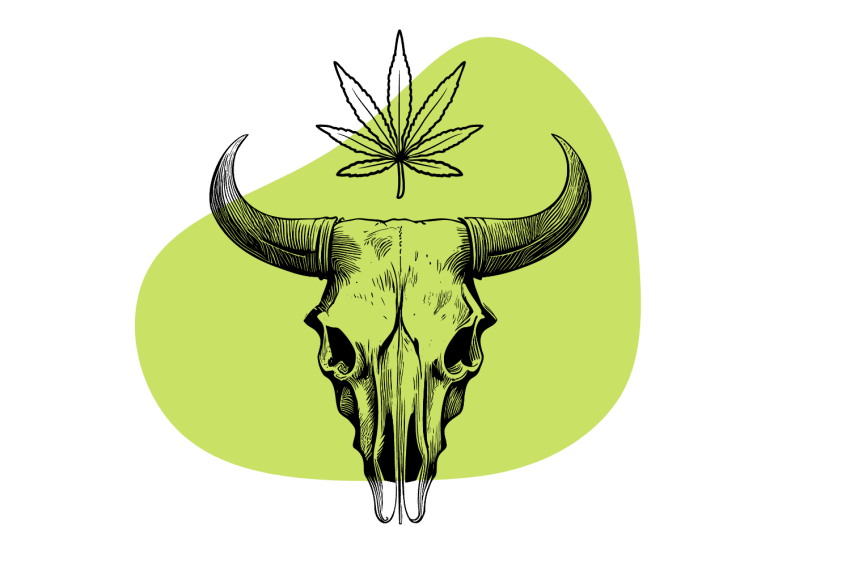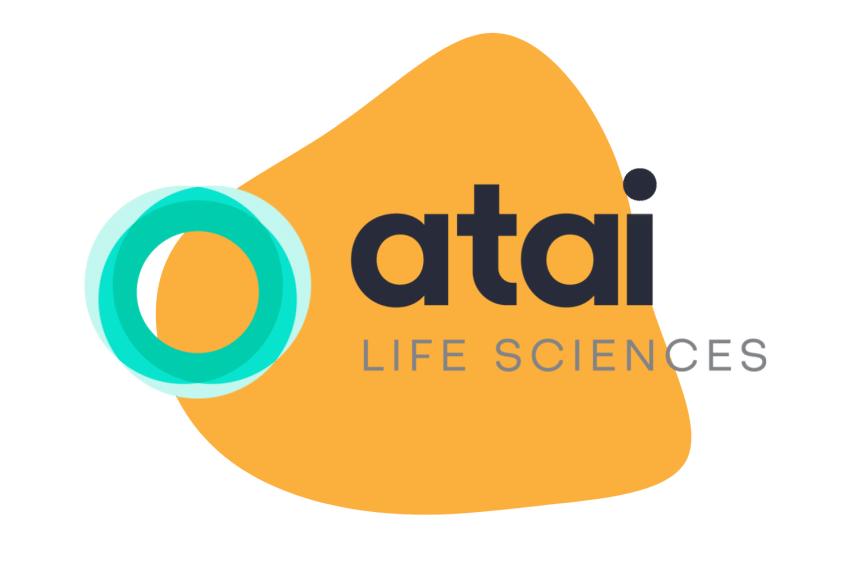Decoding Wonderland: Inside the #WonderBanned Conspiracy and What it Means for the World of Psychedelics
Wonderland — one of the largest psychedelic conferences in the world — took place at the beginning of November.
Within the first day of the conference, the entire online narrative around it had shifted to the so-called “Wonderbanned” controversy.
Centered around a group of scientists, journalists, and advocates that Microdose banned from the event, here’s the story of what happened and why.
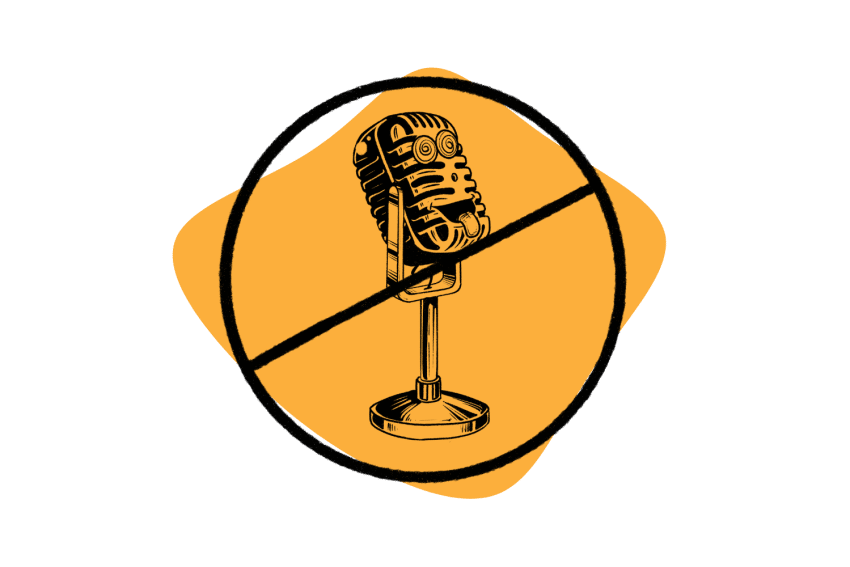
The Wonderland conference put on by Microdose is one of the largest psychedelic conferences in the world. It recently took place around the start of November with a host of speakers that were set to rock the stage — but, by day two, nobody was talking about any of that.
Everyone online was discussing the recent list of banned attendees that the psychedelic meme Twitter account had leaked.
Welcome to Miami (Will Smith, 1997)
— Head Twitch Memes (@HeadTwitchMemes) November 3, 2022
Unless you’re a persona non grata, that is.
Mr. Mouse is wondering, which member of the Microdose team made a macro misstep by leaving this “BANNED FROM ALL EVENTS” sheet out for all to see?
– Mr. Mouse#WonderlandMiami pic.twitter.com/IVDK8f0Sgf
This scandal has not only exposed a growing rift in psychedelia, but it has also thrown many practices of advocates into question. Let’s go through this list, who the conference banned, and why this might have happened.
Who did the Conference Ban from Wonderland?
There were 11 people in total that Wonderland decided to not allow into the conference. The winning few that made the list included:
The Team at Psymposia
It seems everyone from the psychedelic watchdog publication, Psymposia, made the banned list. This includes:
- Co-founder Brian Normand
- Managing Editor David Nickles
- Medicine, Society, and Culture Research Fellow Neşe Devenot, Ph.D.
- Politics and Ecology Editor Brian Pace, Ph.D.
- Feminism and Ethics Research Fellow and Producer Lily Kay Ross, Ph.D.
- Russ Hausfeld Senior Writer
- Advisor Alexander Zaitchik
- Advisor Yarelix Estrada
While they aren’t the only people that the conference decided to not allow, it’s obvious that the entire publication received a blanket ban. If for no other reason than the fact that the same images appear on the leaked sheet of banned participants in the same order as they appear on the “about” page on their website.
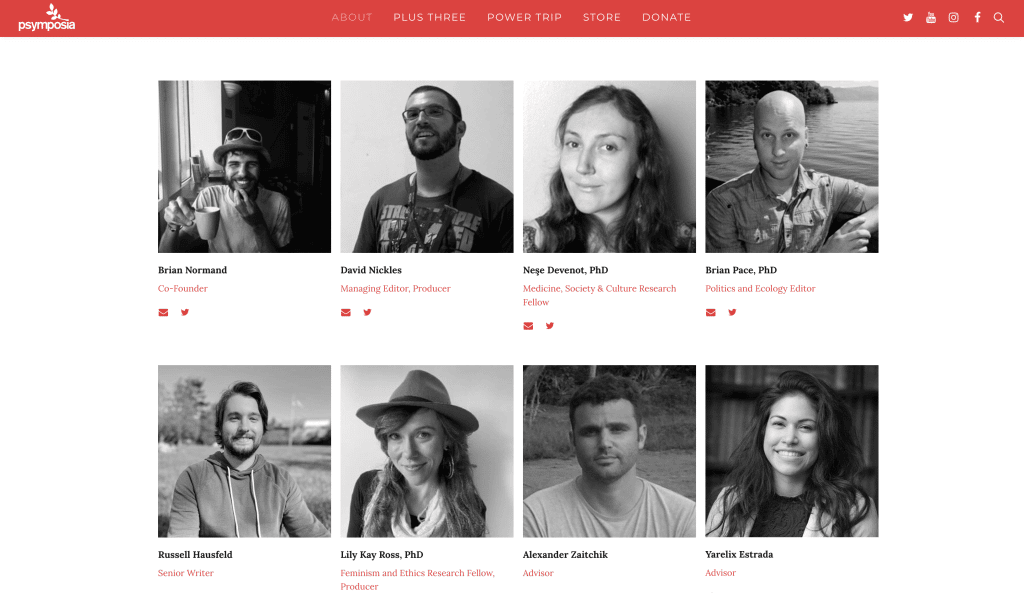
Sasha Sisko
In addition to them, Wonderland also banned Sasha Sisko — an independent journalist critical of corporate involvement in psychedelics. Sasha is the only person on the list that attempted to attend the conference — the team at Wonderland didn’t inform anyone included.

According to Sasha, they managed to gain entry to the event after checking in under a dead name before police officers showed up to escort them off the premises. The impression the police apparently gave Sasha was that it was a matter of checking in under a dead name and “tricking them.”
Like the rest of the residents on the list, Sasha found out from the leaked tweet the true reason the police escorted them out.
Former Conscious Fund Employees
Michael Hoyos and Anthony Ruizcalderon are former employees of the Conscious Fund — a company that helps to fund Microdose.

Why Were They Banned?
There are different reasons for each banning, but — aside from the two former employees — none seem particularly convincing. Broadly speaking, it seems obvious that most of the bans were a direct result of disagreements.
According to the statement by Microdose, the reasoning for banning them was because:
A few of our speakers expressed concern about unwanted contact that had been made and requested that we instill provisions for their physical safety at the event. Since online conduct … can escalate in unexpected ways in the real world, we felt it important to make a choice regarding this issue. This included providing personal security and assessing a number of individuals and organizations who may have contributed to these concerns. We made this decision to ensure the safety of the event was not compromised.
Prior to this announcement, Psymposia began hearing rumors that the trouble was a result of the founder and director of MAPS, Rick Doblin. Assuming this was because he was the main person they discussed in their podcast series, they reached out to ask about the accusations.
Via text, Doblin confirmed hearing the rumor but unreservedly denounced the idea of feeling in harm’s way.
@RickDoblin confirmed to us that he’d heard the rumor when the banned list began circulating but that he wasn’t the source and didn’t believe it. “I know that none of you would want to hurt me physically…[none of your critiques] made me think I was in physical danger” 9/11 pic.twitter.com/DkcKOIukmk
— Psymposia (@psymposia) November 6, 2022
So what was this all really about?
Psymposia
Even before Microdose provided a reason, the general public made at least one connection for the exclusion of this group in particular. Psymposia has a long history of exposing the elements of psychedelic research that many would like to keep hidden.
With Psymposia, the question is less “why did they do it” and more “is this the right way to move forward in the world of psychedelics?”
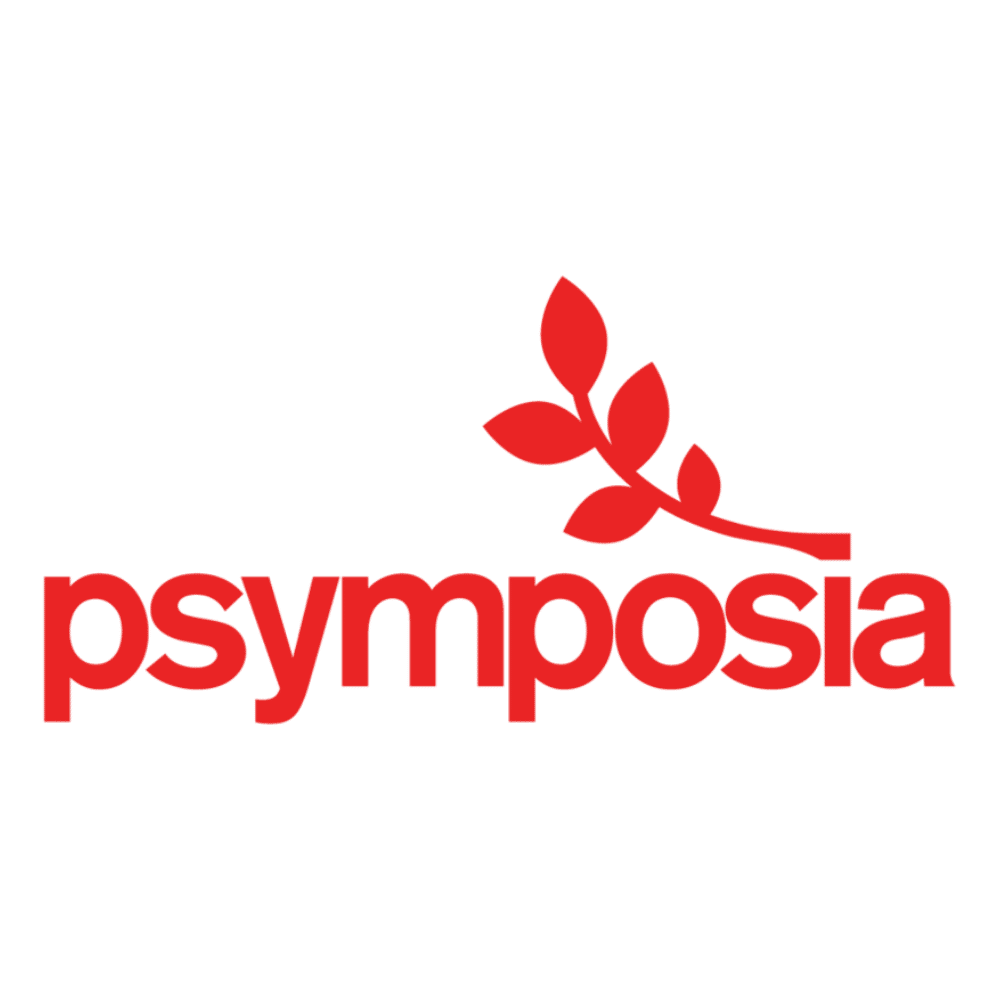
Their recent collaboration with the New York Magazine — Power Trip — exposed the underbelly of both under- and above-ground psychedelic therapy. Its second half was a bombshell in the psychedelic community, implicating MAPS for their ill-handled sexual impropriety in MDMA trials.
While alerting the public to wrongdoing should be something the community celebrates, they found themselves on the other side of public backlash. On the podcast “Psychedelics Today” the hosts started off by saying they “don’t have a history of making friends” because of this.
It’s worth noting that this hardly seems like a fair assessment of a group that is trying to prevent widespread impropriety and assault.
Drs. Devenot and Pace are especially interesting cases, having recently released a peer-reviewed study that seems well worth discussing at a conference like this. The paper — which was openly mocked by Hamilton Morris on stage at the conference — centered around the dangers of authoritarianism and psychedelics.
Dr. Devenot pointed to their true goal in a brief conversation with me. They stated, “we care about this field, and we believe in the importance of keeping psychedelics for the people.“
During the Q&A the team held a few days after Wonderland wrapped, Dr. Pace had the following to say in response to a mocking message from Hamilton Morris on their mission:
“There are dystopias where drugs exist. We may already be in one, and we might be building toward one.”
Preventing that dystopia is the main goal of Psymposia and that seems to have bumped heads with the organizers who overwhelmingly want to keep the boat from rocking
Sasha Sisko
Like Psymposia, Sasha Sisko has not been afraid to chase stories that expose problems in psychedelia. They are also a staunch advocate of preventing the corporatization of psychedelics — something that a psychedelic corporation like Microdose apparently doesn’t dig.
Sisko offers quality, nuanced approaches to real problems that are cropping up in the unknown terrain of legalization. While some may worry a “single pebble can derail the whole train,” there’s a bigger argument for not continuing on the same course we’re on when its foundation is problematic.
Banning the inclusion of journalists that are willing to operate as watchdogs because nobody else will is not the right path forward. It’s likely that someone could even make the argument that cutting out any journalist or researchers acting in good faith is a bad approach.
Hamilton Morris Defends COMPASS & “Corporadelia”
In a live Q&A, the team at Psymposia showcased the talk from Hamilton Morris and responded to it. We’re going to break down some of the broad strokes, but the full video for this discussion is below:
Hamilton Morris and Shayla Love
Shayla Love was the first person that Hamilton Morris took aim at from the stage. Not only is Love an award-winning journalist, but one of those awards is for Best Psychedelic Reporter of the year — from the previous year’s Wonderland conference.
Morris claimed Love wasn’t warranted in her conscientious reporting on potential problems in psychedelic research and medicines. This is even though many of the articles are published on the website of Morris’ former employer, Vice.
To summarize, Morris claims that the concerns of the journalists and scientists whom the conference wouldn’t allow to come are unwarranted. Standing in front of a screen that contained several articles by Love, Morris derided her work as being little more than “hand-wringing” and “moralizing.”
He went on to mischaracterize several of her articles and laugh them off before turning to a recent article two researchers from Psymposia co-wrote.
Right-Wing Psychedelia
The article, Right-Wing Psychedelia: Case Studies in Cultural Plasticity and Political Pluripotency counteracts the popular argument that exposure to psychedelics will “convert” conservatives into liberals [1].
Rather, the study argues, psychedelics are amplifiers of thought in multiple directions — not just to the left. As evidence, they cite compelling instances ranging from psychedelic rituals of neo-nazi organizations to the right-wing, pro-psychedelic teachings of people like Jordan Peterson.
“Ooh,” Morris jokingly chided on stage “right-wing people doing the same drugs as left-wing people?” This was an obvious mischaracterization and over-simplification of the report, which concludes:
While the notion of individual solutions for systemic problems has been widely critiqued across academic disciplines, we believe that the common narratives regarding the effects of psychedelics on political orientation present persistent blind spots within the psychedelic literature. It is imperative to address these blind spots to advance coherent, interdisciplinary socio-political frameworks for analyzing and engaging with the experiential realities and potential implications of psychedelic drug use.
Putting LSD in the drinking water isn’t a feasible strategy for converting the population into world-loving pacifists. That doesn’t mean that there aren’t benefits to psychedelics, but it does mean that people within the psychedelic space — even those who have taken psychedelics — may not necessarily have your best interest at heart.
Final Thoughts: Inside the Rift in Psychedelia
As legalization marches forward and psychedelics become more mainstream, there will be people from all walks of life that take psychedelics. Some of them may very well feel as though this experience makes them feel more related to nature and less authoritarian (as Robin Carhart-Harris et al., have put forward [2].)

All other areas of science welcome contrarian points as part of the scientific method of discovery. This should not change for psychedelics and other drugs simply because we want all the results to be as positive as we can make them out to be.
Real issues exist within the world of psychedelics — and why wouldn’t they? For decades advocates have had to exist underground, and there are a lot of conflicting opinions on how to bring it all to the surface.
As these conflicts arise, the ways we respond to them will ultimately decide the future of the industry and our relationship with it. The corporatization of psychedelia and the possibility of potentiating extremist ideologies are real parts of the plants and fungi we love so much.
We have to accept that they are there and determine how we want to handle them. If we don’t do so now, it will be infinitely harder down the line.
Furthermore, if we are to be proponents of the idea that psychedelics bring us all together, we have to demonstrate that fact within our community. Banning conflicting opinions is not a path forward that can lead to meaningful, powerful change.
References
- Pace, B. A., & Devenot, N. (2021). Right-wing psychedelia: Case studies in cultural plasticity and political pluripotency. Frontiers in Psychology, 4915.
- Kettner, H., Gandy, S., Haijen, E. C., & Carhart-Harris, R. L. (2019). From egoism to ecoism: Psychedelics increase nature relatedness in a state-mediated and context-dependent manner. International journal of environmental research and public health, 16(24), 5147.

